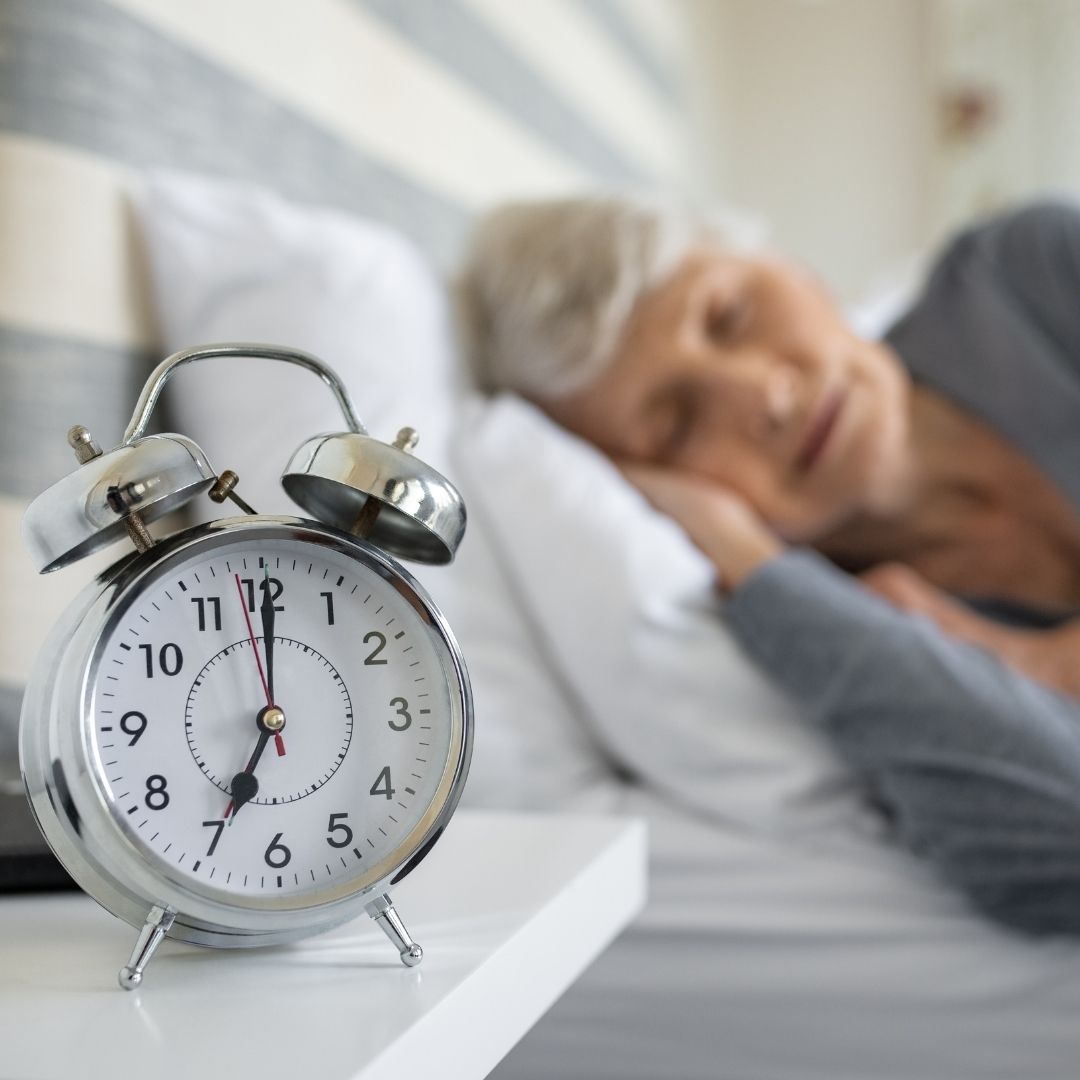How Much Sleep Do Seniors Need: Sleep Awareness as We Age
March is Sleep Awareness Month, the perfect time to examine daily routines, especially our sleeping habits. It’s common as we age to experience insomnia. Losing sleep is more than a mere inconvenience: along with irritability and impaired memory, lack of sleep increases the risk of falls and other accidents. But how much sleep do seniors need? Listed below are simple tips to improve your nightly routine and sleep.
Tips to a good night’s rest:
- Make time for regular exercise. This will improve breathing, lower blood pressure and provide stress relief. Avoid strenuous exercise within 3 hours of bedtime.
- Maintain proper nutrition, including fiber to maintain regularity and avoid digestive issues, and multivitamins to ensure necessary nutrients. Being alert and active in the daytime contributes to our ability to sleep at night, and nutrition plays a part. Deficiencies in iron or vitamins B6, B12, or D can reduce alertness during the day.
- Keep naps short and early in the day to ensure sleepiness at bedtime.
- Limit caffeine in the late afternoon or evening and avoid alcohol before bed.
- Reduce your liquid intake after dinner. Fewer trips to the bathroom in the middle of the night increases your time to sleep.
- Make sure the bedroom temperature is comfortable. Many people find reducing the temperature a few degrees at bedtime helps them sleep. If the bedroom becomes too cool or too warm, it can cause the body to stir.
- Develop a restful routine an hour or so before bedtime. Turn off the television and other screens; instead, read or listen to music, or engage in other quiet, relaxing activities. Lower the lighting in the bedroom to help prepare for sleep. Eating a small snack like cereal or yogurt if you tend to wake up hungry in the middle of the night but avoid heavy foods that can cause indigestion.
To learn more about CareAparent’s helpful resources, click here.
Resources:

